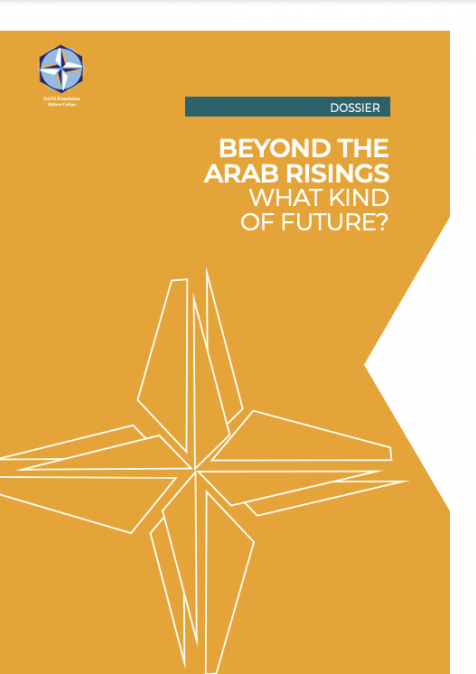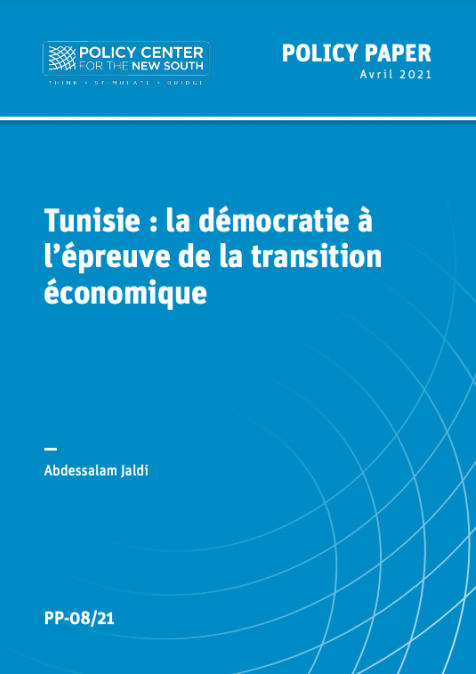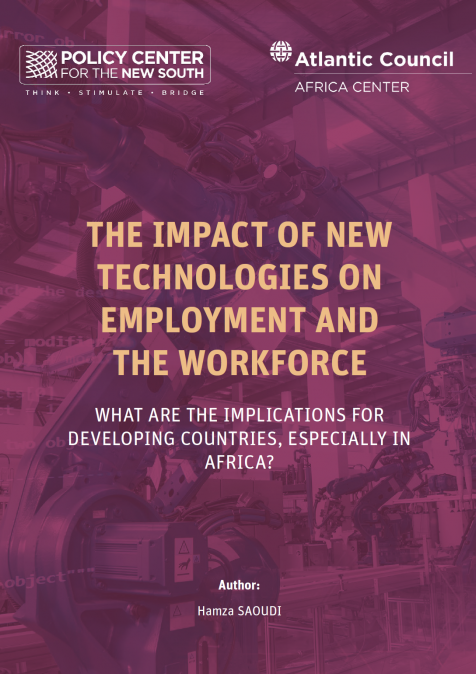The purposeful dissemination of misleading or outright false information by news media and foreign state actors constitutes an increasingly important factor in both the growing erosion of trust in national institutions and political polarization in many countries around the world. The danger that disinformation represents has been clearly demonstrated in the context of the COVID-19 pandemic. The proliferation of conspiracies, misleading narratives and false information about miracle cures have compounded mistrust, uncertainty and even discrimination against nationals of certain countries during the first months of this unprecedented public health crisis. In addition to that, disinformation campaigns and false claims related to the disease and its cures have sparked tangible effects on health of individuals in targeted countries. While the motivations for disinformation campaigns are wide-ranging and include in some cases both the deception of public opinions and promotion of geopolitical goals, the recent events have shown the pressing need for urgent measures and enhanced international cooperation to tackle this issue. Indeed, the far-reaching consequences of the phenomenon have recently pushed states, continental bodies, regional organisations and military alliances to develop strategies to counteract these targeted influence operations. This session will examine these strategies and disinformation’s long term implications on health, security, electoral processes and politics. Definition of disinformation and its present day manifestations: How can we define disinformation? What are the motives behind disinformation campaigns? In what ways does it impact public’s access to information? Strategies to counter disinformation: How can states, multilateral institutions and other stakeholders (journalists) effectively limit public exposure to falsehoods and fabricated information? What strategies can the relevant stakeholders deploy to address structural vulnerabilities in relation to disinformation? Disinformation long term repercussions: To what extent did disinformation contribute to the erosion of trust between citizens and institutions? What are the long term implications of disinformation on human security, electoral processes and politics? Moderator : Blair Glencorse, Executive Director, Accountability Lab; Atlantic Dialogues Emerging Leader (ADEL) Speakers : Pascal Boniface, Director, French Institute for International and Strategic Affairs (IRIS) Bushra Ebadi Youth Ambassador for the Global Alliance for Partnerships on Media and Information Literacy (GAPMIL); Atlantic Dialogues Emerging Leader (ADEL) Andres Schipani, East and Central Africa Correspondent, Financial Times Richard Werly, European Affairs Correspondent, Le Temps












